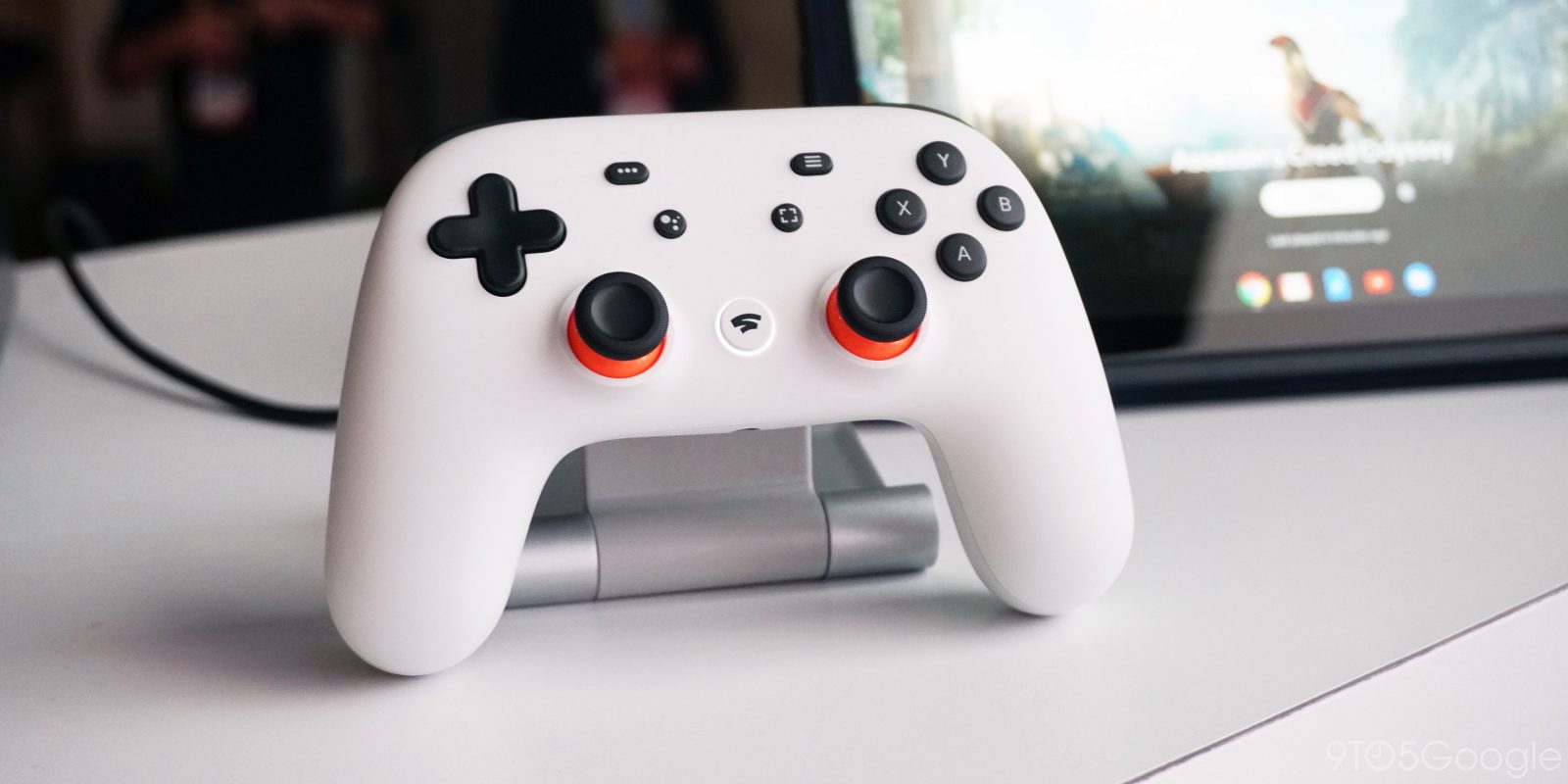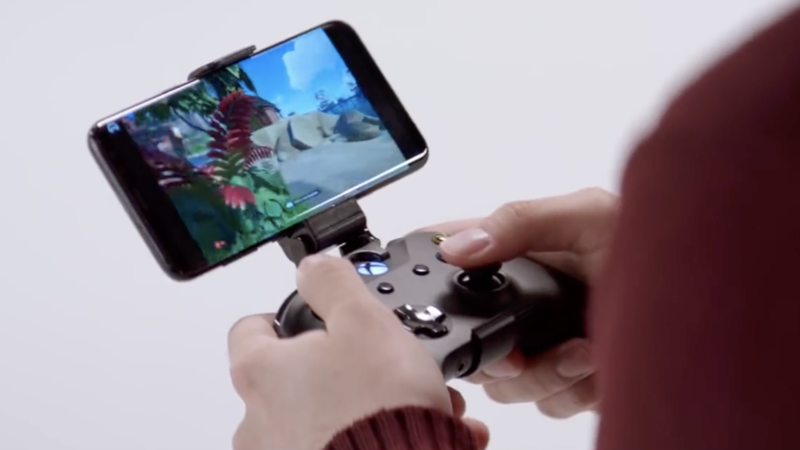Internet
Mobile
Devices
GO Energi
GO Insure
Moving to Malta
Google Stadia: Is it Worth the Hype?
12 November 2019

Well, we finally have a launch date for Google’s foray into the gaming world, the both hyped and suspect Google Stadia, filled with both great promise and big promises that we can only hope it keeps. Here’s a rundown of all the major info for it.
What is game streaming?
If you haven’t heard much about game streaming, don’t worry, you’re not alone. The key concept behind it is that, instead of the traditional system where gamers buy the console or build a gaming PC, all the heavy lifting in graphics and processing is done remotely on the provider’s servers and simply streamed to a device.
The current main service on the market is PlayStation Now, which as you might expect is limited to mostly only PS2 and PS4 titles (with PS3 now incompatible for ‘architecture’ reasons). The service has largely failed to have massive mainstream success, with the €100 per year (or €19.99 a month) price tag putting off customers, particularly in the age of free-to-play phenomena like Fortnite and Apex Legends.
If you’re a PC gamer, odds are you’re more familiar with license-buying platforms like Steam and Origin, with the former being the toughest nut to crack: when you can get 5 or 6 games in one of Lord Gaben’s seasonal sales for the same outlay as one month of PlayStation Now, it’s a bit hard to justify the cost.
What exactly is Google Stadia then?
Admittedly, ‘first step’ is a bit of an understatement when talking about this move. Google isn’t planning to slowly slide into gaming and settle for nibbling at Sony’s heels; they are going for full competition right off the bat, using their colossal network of other services to provide something unique. Their biggest selling point is easily the natural integration with Youtube for video recording and streaming directly through the system instead of having to use a third-party software or hardware setup.
Key highlights for other features include an intriguing ‘state share’ capability, where streamers can share their exact position or game data with their viewers so that they can launch their games from the same point. This would be an interesting tool for streamers, letting them directly challenge their viewers in, for instance, time-trial games or increasingly popular speedrunning contests.
What are the issues?
Oooh this is quite a list. For starters, the game library contains everything you’d expect of a platform in this generation but nothing eye-catching. Only three games are currently exclusive for the console, and the only one we know anything about is Orcs Must Die 3: not exactly a giant of a series.
Next we have the costs. The base version of Stadia is free, but to get the full experience you’d want to buy the Founder’s Edition for around €120, and then pay about €9 a month to get the full game library and features.
Oh, and a Chromecast Ultra at around €100 if you want to play on your TV and not through Chrome on your PC.
Oh wait, never mind, the Founder’s edition already sold out, and Malta isn’t even on the list of countries supported by Google until at least next year.
Then we have the big promises: steady framerate at 60fps in full HD on all games on a 20Mbps connection, and controller response times that are equal to, if not actually better than, standard console controllers, thanks to AI predictive motion for players. Google is promising to read your mind and that is both terrifying and highly unlikely to work as promised. But hey, at least the internet in Malta is ready for it whenever it does show up!

Microsoft’s Project xCloud is lining up as a…well, interesting competitor to say the least.
So is it going to work?
Juries across the world are out on this one. So far Stadia has all the hallmarks of the legendary unicorn that turns out to be a cleverly disguised donkey. It could be a fantastic donkey, but still. If even half of the promises made by Google turn out to be true, traditional console makers may need to take extensive notes. In theory, once the base price is cleared, there’s a lot to pull gamers in if all that glitters is indeed gold at the end.
More than anything, though, is how important it will be for Google to get gamers on board with the idea at all, particularly in the streaming aspect. Youtube has, for over a year now, been suffering defections and legal concerns from key content creators who have constantly complained of poor treatment and copyright policy from the platform. Recent attempts at gaming-specific Youtube sections have had lukewarm receptions at best and many streamers are now happily and firmly attached to Twitch instead.
Then again, this is Google. At this point, if any company could sell ice to penguins, it’s them.